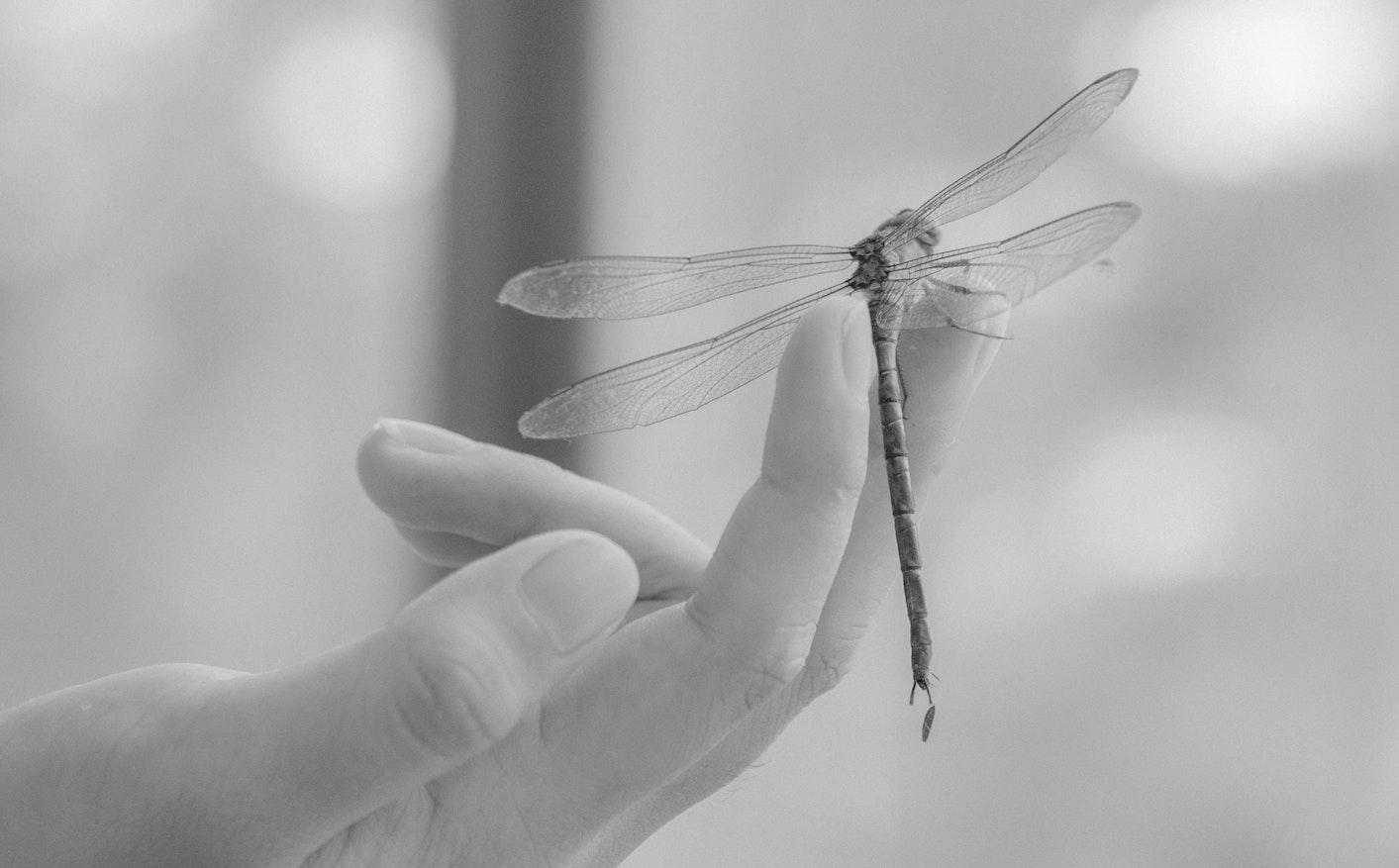It is always a pleasure to come across someone who makes you proud to be British. Baroness Trumpington, who died, aged 96, on 26 November, was one such person. While she will be remembered for her career in politics, especially for several years in the late eighties as a minister in the Department of Agriculture Food and Fisheries, she is someone who did not lose the common touch. Memorably this involved sticking two fingers up to a fellow peer (Lord King) in the House of Lords when he referred to her as “pretty old”, and included a sense of public duty in which she also presided over our local South of England Agricultural Society. Attempts to grope her when she was a land girl during WW2, by Lloyd George on his Sussex farm, simply elicited the response that he was an “old goat”. Her matronly bearing (fags, gin and all) later in life belied the fact that she had been an outstanding tennis player and was trained as a dancer with the Ballet Rambert when younger.
Explaining the MacSharry Common Agricultural Policy (CAP) reform to The House in 1992 she finished her presentation with “And if you understand that, you’re a better man than I, Gunga Din”. Very few people did understand the full ramifications of those policies, and the same holds true today with even more complex and contradictory conditions attached to farm subsidies. The reality, thus, is that there weren’t really any ‘better men’ than her.
As we approach the spectral cloud of BREXIT, there is clearly a role for a squadron of such formidable Baronesses. As farmers, we need a strong relationship with our neighbours, with clear and simple regulation and a forthright belief in the industry. Farming will take a lot of defending in the years ahead, as trade deals threaten our markets and public financial scrutiny reduces available material support. We are looking to our British leaders to protect these interests, and in looking to them we will become more closely engaged with them as people. In returning to being ‘just’ British we should enjoy greater intimacy with its positive connotations.
A change of leadership has recently occurred at the helm of Natural England (NE), with the CEO, James Cross, resigning rather suddenly on the 9th November, citing, among other things, public spending reviews. Our lead nature conservation body continues to face drastic cuts in its budget, which has already been reduced by 40% in the last ten years. With little help from DEFRA minister Mr Gove, NE is struggling to maintain morale. This does not augur well for farmers as environmental land management sits centrally in future farm policies.
Many great natural scientists have served in the ranks of NE, notably a generation that included Derek Ratcliffe, Kenneth Mellanby and Norman Moore. Having spent his war years inside a prisoner of war camp Norman went on to be chief-scientist at the then Nature Conservancy Council while also remaining a global expert on dragonflies. I have treasured memories of him catching a Migrant Hawker in his hand when he was in his late seventies, a feat of great agility, and five years later managing to find for him a Fen Raft Spider, a national rarity, on the Pevensey Levels. When Kenneth Mellanby was knighted, the memo went round the office that he could be addressed as Professor Sir Kenneth Mellanby. When Norman received similar honour, the memo went round congratulating Professor Sir Norman Moore but with the addendum that all should continue to call him “Norm”. He was, and remains, a great role model and hero of mine, from an institution for which I have great respect and, again, makes me proud of what has been achieved by British public service.
A quality of understatement and of economical language is often seen as a British characteristic. It is most certainly a scientific one. Rooks were the subject of a study undertaken in a concentration camp during WW2, with analysis of flock movements truncated by the need to adhere to camp regulations, (or else be shot by the guards). The paper simply records that “due to circumstances beyond our control” no evening counts of rook movements after 8 pm were made. That is borderline wry humour in a study of a very British bird. Parliament is the collective noun for rooks, and I look forward to that great house and its many public servants, in the spirit of the late Baroness, continuing to make us ‘proud to be British’.







